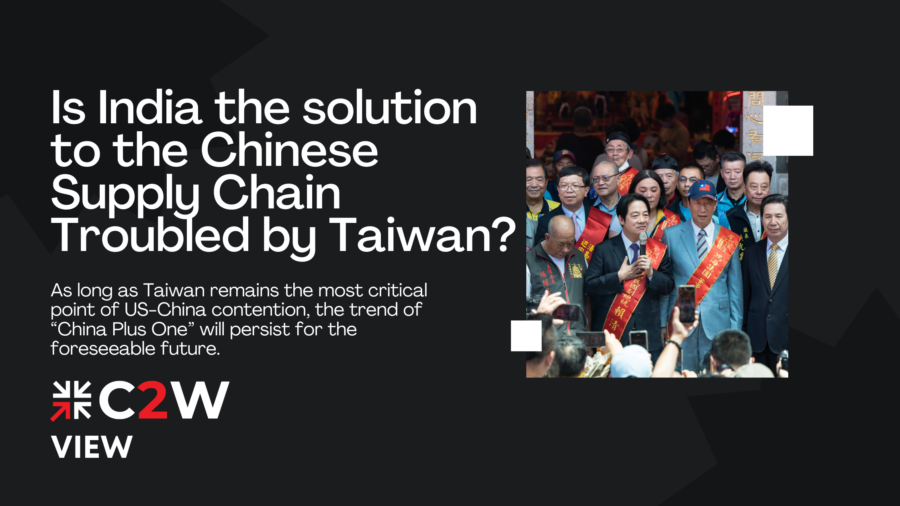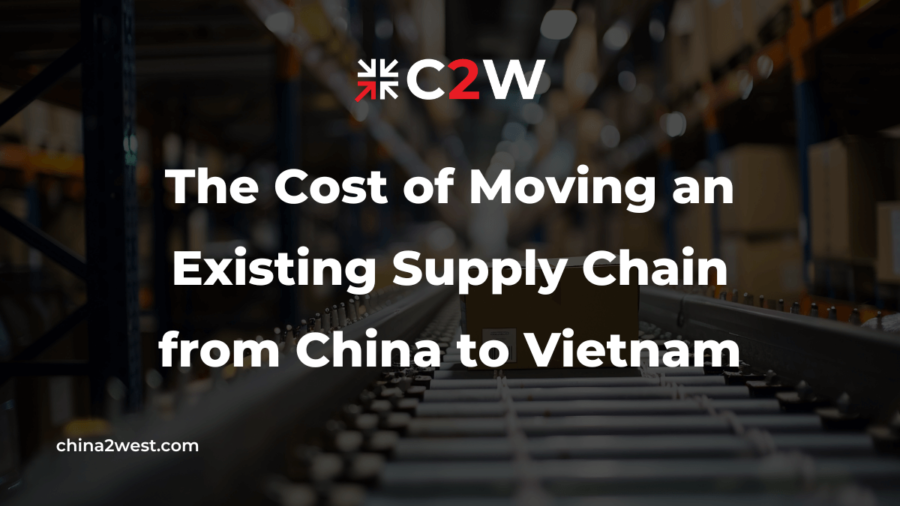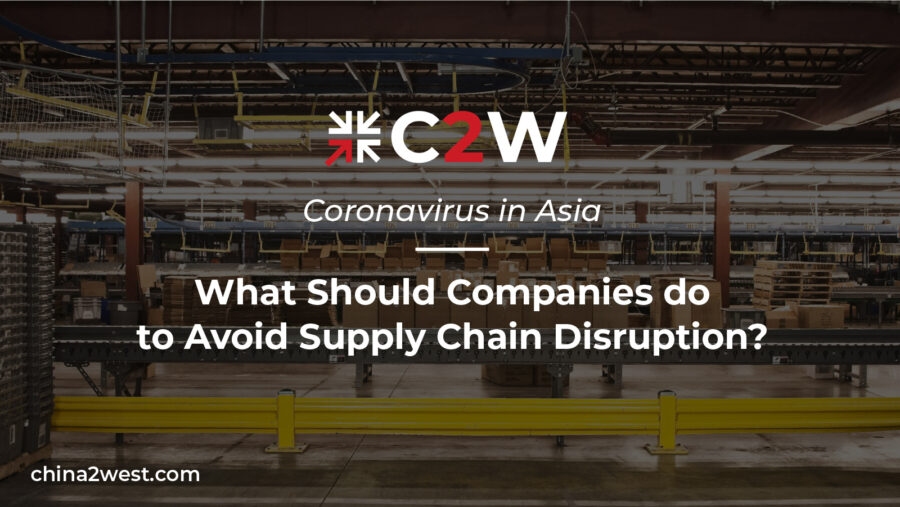For Terry Gou, the founder of Foxcoon, seemingly so, but he is not left with many options.
The largest contract manufacturer for Apple recently announced an expansion investment of $1.6 billion in its India operations.
Coincidentally, the news came shortly after Terry Gou officially withdrew from the next Taiwanese presidential election less than 90 days away, where he had tried to run as an independent.
His campaign, viewed as a boost for William Lai, who represents Democratic Progressive Party, the biggest supporter of Taiwanese independence, has been blasted by DDP’s major rival, Kuomintang, for splitting their chance as Kuo is KMT’s former member, on top of the fact that Lai has been the most hopeful to succeed Tsai Ing-wen, the sitting leader of the self-governing island as well as his party fellow.
Taiwan has always been a thorn in the side of Beijing, so the relationship between Foxconn and Beijing has turned sour since then, implied by a tax probe which so far has resulted in a minor fine to one of its subsidiary.
In recent years, Guo has more and more explicitly expressed his differing politics with Beijing’s, and unlike many other Taiwanese businesses in the Mainland, he has never publicly pledged allegiance regarding a unified China, the ground Beijing has always stood firmly on.
So the complicated dynamics have been years in the making.
But is Foxconn’s expansion in India purely motivated by geopolitics?
The rise of China’s tech power has given the Middle Kingdom enough leverage to shift its labor-intensive industries out to other countries in the Global South, and it’s a natural choice by many international businesses to venture out of China due to its rising labor costs.
Foxconn is apparently no exception.
But an article by AppleInsider has reported Foxconn’s struggle there, echoed by many other firms that have resorted to India to diversify their supply chain. Despite its export of Chinese management and equipment, India’s more laid-back work culture and insufficiently developed infrastructure have made it challenging to replicate the Chinese ultra-efficiency.
That’s also a shared challenge for most international companies with production lines in India. It will still take much efforts for India to measure up for complex and advanced manufacturing.
That’s why many of them still keep their supply chain in China. One significant example is Apple, which still have their more complex and advanced products made in China, with both countries making their models concurrently.
What comes to known as the “China Plus One” strategy.
As long as Taiwan remains the most critical point of contention between the US and China, we won’t see this trend die down anytime soon.




